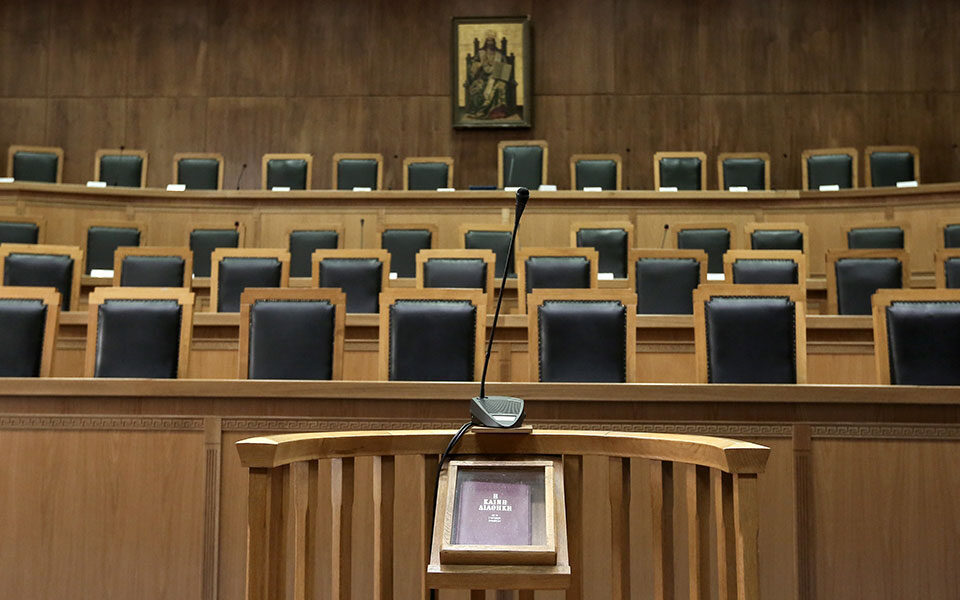‘Hercules’ hits snag from legal loophole

The Finance Ministry intends to refer to the Supreme Court Plenary a decision on bad-loan management companies and their competence to carry out auctions, which points to a new and serious problem for the implementation of the “Hercules” loan securitizations.
Given that it will take several months for a decision to be reached on the appeal to the Supreme Court Plenary, the right of servicers to perform acts of forced execution, such as real estate auctions, is called into question. This development, as estimated by representatives of the management companies, will be a strong blow for the securitizations of “Hercules,” which depend to a significant extent on the expected income from real estate liquidations.
To date, the four systemic banks have inducted into the “Hercules” securitization scheme of bad loans amounting to 47.9 billion euros and have received the guarantee of the Greek state for €18.7 billion. The government guarantee means that if the proceeds to be obtained from these loans through the arrangement and liquidations of assets, i.e. auctions, are not sufficient to pay the investors who have invested in the bonds issued under the securitizations, the state will be obliged to cover this damage through the guarantees it has undertaken in the context of the scheme.
The matter of whether servicers have the authority to carry out auctions has arisen in the wake of a recent Supreme Court decision which prohibits real estate auctions by companies acting as trustees of funds that have purchased bad loans under the “Hercules” state guarantee mechanism. The Supreme Court has issued three consecutive decisions on the matter, which have caused no end of confusion, as the first prohibits the relevant right for management companies, unlike the other two which legitimize their right to proceed with real estate auctions.
The confusion has been caused by a legislative loophole existing in the two securitization laws, which allows for different interpretations on the crucial issue of auctions, on which the implementation relies to a significant extent of the business plans for the securitizations that have been included in “Hercules.”
The decision to appeal to the Plenary represents a retreat by the ministry from its original intention to resolve the issue legislatively, by removing the legal loophole.




